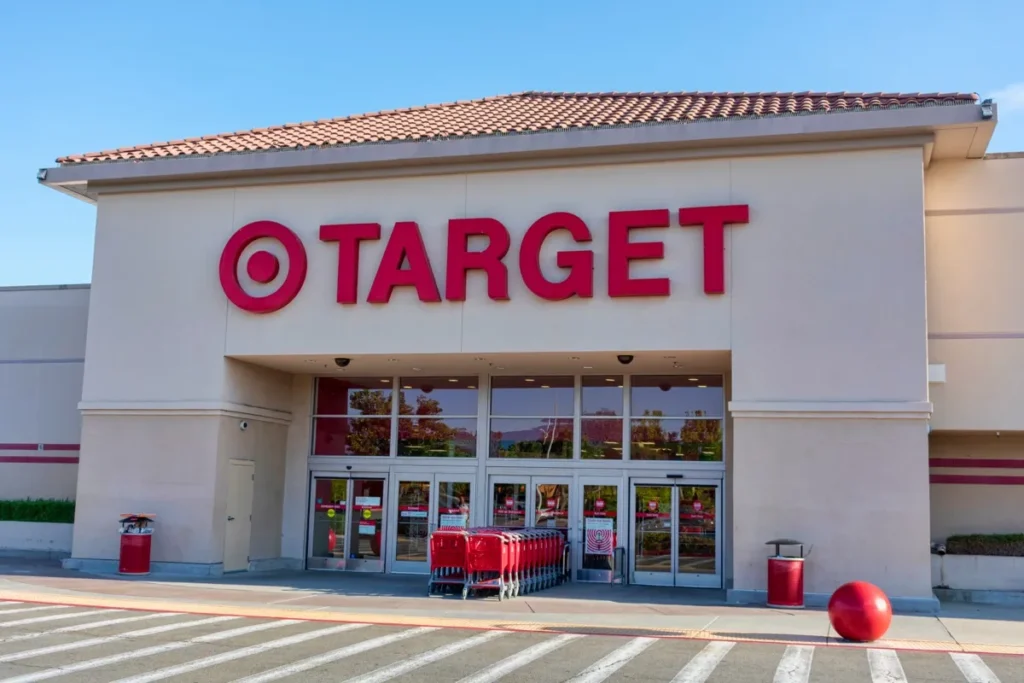Why is Target Locking up Products?
Why is Target locking up products? For protecting both customers and employees, Target, like many other retail establishments, can put security measures in place, such as locking up specific items, to deter theft.

Customers may notice that some items are locked up or protected behind glass cases when browsing a Target store. This security precaution seeks to safeguard goods and prevent theft.
This precaution protects goods, promotes individualized interactions, and upholds the retailer’s reputation for providing high-quality goods, even though it could force customers to seek help for some items.
As a result, Target continues to put its valued customers’ security and enjoyment first.
Why is Target Locking up Products?
The reason behind Target locking up products is that Target has stated that it is now struggling with an increase in shoplifting offenses in the San Francisco region.
The shop has responded by taking action against what it describes as an “alarming rise in theft.”
According to reports from other local businesses, Target has seen a large and disturbing increase in theft and security problems at its San Francisco locations over the past month, a Target representative informed KPIX5.
Target is working with community partners, government authorities, and local law enforcement to resolve these concerns.
Reasons Target is Locking up Products
The following are some common reasons given by Target and other retailers for implementing product security measures:
1. To Prevent Theft
Preventing thieves is one of the main justifications for locking up goods in order to reduce stolen losses.
Thieves typically target particular things because of their popularity and resale worth, such as electronics, high-end cosmetics, over-the-counter drugs, and expensive goods.
Target wants to prevent theft and safeguard its inventory; therefore it has secured these things.
2. Compliance with Legal Requirements
There can be age limits or legal restrictions on some goods. For instance, some drugs, alcohol, cigarettes, and guns can have age restrictions or other requirements.
Target assures compliance with applicable regulations by locking up certain products and prohibiting unlawful access and sales to anyone who doesn’t match the criteria.
3. Enhanced Customer Service and Assistance
They can occasionally lock products up to improve customer service.
Target may give individualized support, respond to inquiries, and offer information by forcing consumers to ask store employees for help in order to access secured products.
Through more active client interactions, this strategy makes it possible to educate customers about the products, provide suggestions, and offer more support.
4. Product Safety and Integrity
To protect their security, consistency, and integrity from manipulation, they could lock some items up.
High-end cosmetics, electronics, or specialty objects, for instance, can be locked to guard against damage, theft, or illegal handling.
Target protects these things to preserve their quality and guarantee that consumers get goods in the best shape.
5. Shrinkage Reduction
Inventory loss resulting from theft, mistakes in administration, or other causes is referred to as shrinkage.
Retailers may reduce the risk of shrinkage, which can have a big impact on their profitability, by locking up high-value goods.
Locking up things makes it harder for crooks to get to them and steal them, which serves as a deterrent and lowers total shrinkage.






